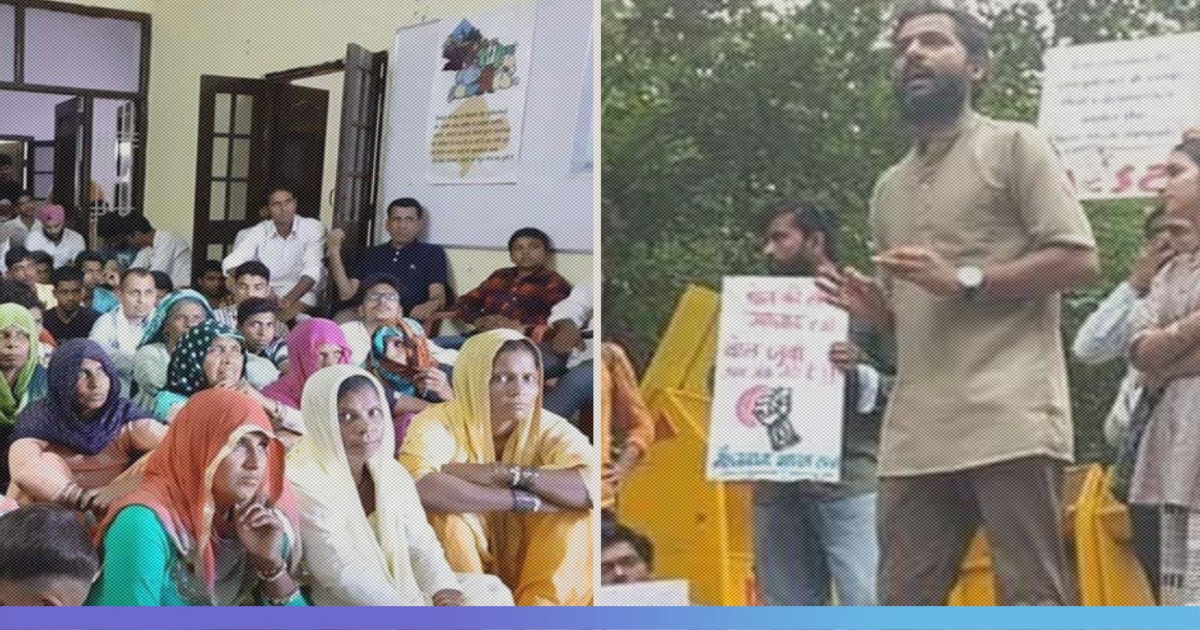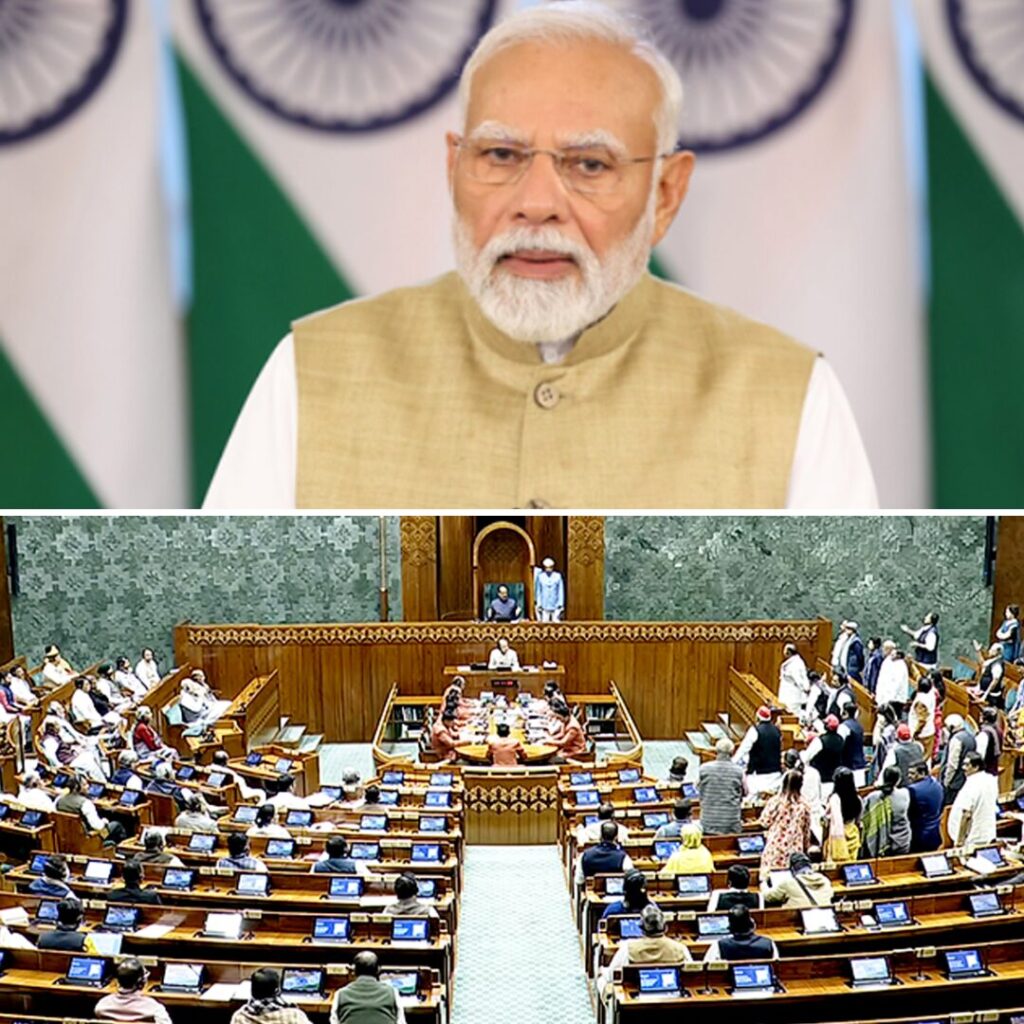One of the founding fathers of the United States, Benjammin Franklin, once said, “It is the first responsibility of every citizen to question authority.” In a democracy every citizen has the right to question the authorities, and hold the government they elected accountable for its actions. But when the questioned authority tries to muzzle the voices of dissent, it becomes a direct infringement of a person’s fundamental right to express himself guaranteed to him in the Article 19 (1)(a) of the Indian Constitution.
Kashmir has been under lockdown since August 5, after the Centre scrapped its special status. The Parliament discussed not only the bill to abrogate Article 370 but also divide the state into two union territories with the domiciles of the state locked up in their homes.
Even though restrictions in some parts are relaxed, the Valley continues to be under lockdown till date. With internet and landline services shut, there are hardly any reports of protest against the government coming out. But it is not just Jammu and Kashmir where the freedom of expression is being challenged.
The Logical Indian spoke to some of the voices of dissent across the nation, who faced resistance from the authorities.
Petition Filed Against Punjab Protestors
On September 15 in Mohali, Punjab a committee comprising of 11 representatives of different unions including Student Union, Kisan Union, and Labour Union came together to protest against Centre’s move and the ongoing communication blackout following it. As many as one lakh pamphlets were distributed for the week-long protest across the state. The protest was supposed to be attended by at least 15000 people. The week would eventually wind up with a march from Mohali to Chandigarh.

But when Lakhwinder Singh, the leader of the protest, asked for the permission for the rally, he was told that a petition had been filed against them for inciting rage in public and disrupting peace in Punjab.
“Despite abiding by all the regulations that the Superintendent of Police asked us to, our pamphlets were ceased, cell-phones were snatched. And, even the workers who were just installing the tent were arrested. Mohali looked less like a city and more like a checkpoint,” said Singh.
Singh further said that such stringent restrictions only aggravated the crisis and infuriated public who planned to join the protest. The public ended up taking streets and creating bottleneck jamming problem all over Punjab.
“I would say that the government fueled the protest as it stopped people from discussing Kashmir,” added Singh.
According to Singh, the police detained 25 protestors from Mohali in custody at a remote police station located at Dera Wasiblock which is 30 kilometres away from Mohali. However, Singh also said that some Khalistan supporters tried to push their agenda in the name of Article 370. He reiterated the point that both the case are different and mingling them would only fade the gravity of the moment for Kashmir.
Peaceful Protest In Delhi
Protests also took place on Jantar-Mantar in Delhi where people raised awareness about the ongoing crisis in Kashmir in the presence of authorities.

Sunny, a volunteer of the protest told “We held a silent protest at the Jantar Mantar. The police did not intervene and it went well as our message was conveyed and the awareness was raised in which students, delegates and people from all walks of life came forward to embolden our cause to provide a voice to the silent Kashmir.”
However, Sunny told that his counterparts suffered a backlash in Lucknow for holding a protest. “My friends volunteering for the Rihaah Foundation in Lucknow, Uttar Pradesh was put under house arrest when they tried to take out a rally in solidarity with Kashmiris,” he added.
Lathicharge In Patna
In Patna, the protests were held at Gandhi Maidan on August 5. But soon things took a horrific turn when police opened a lathi-charge on the protestors. “We took out a protest on August 5 itself at Gandhi Maidan. However, our peaceful demonstration soon was welcomed with lathis being charged at us, we were scuffled and heckled by the Police,” said Varuni, a volunteer at the protest held in Patna.
Varuni told that four women injured and the leader of the protest endured a major head injury.
“The protest was only carried out with the view that such sensitive decision shouldn’t be taken in haste and involving Kashmiris into the decision as it is a life and death situation for them,” conveyed Varuni.
Protestors Questioned In Pune
A group of 30-35 people came together via social media to protest at the Ambedkar Statue, Pune. They sloganeered ‘Samvidhaan Zindabad’, ‘Hum chahte hai pellets, jail or oppression se azaadi’ and demanded the government to end the communication blackout in Kashmir, allow people to express themselves freely, and initiate a dialogue with the Kashmiris for deciding their future.

The organiser of the protest said that they had police permission on the condition of not to speak about politicians and the abrogation of 370. But they still went ahead and held the demonstration. “We agreed to the police and kept the discussion only about humanity. Despite receiving police permission, I was summoned to the police station and was questioned for 3 hours. The police and authorities believed that we were politically linked and funded but we were really strangers who united for a common cause. We hand-painted our posters and printed the rest with our own money,” said the organiser.

Parmeshwar Jadhav, a research scholar and volunteer at Revolutionary Workers’ Party of India, spoke about the problems he faced in Pune while holding a peaceful protest to lift the ban on Kashmiris.
“When we decided to protest on August 7th, our loudspeakers, banners, and even pan cards were ceased. We were heckled, manhandled, and forcibly dragged into police vans. This happened despite taking the permission of the authorities to hold a protest,” he added.
Jadhav said that the country comprises of many voices and not just the voice echoing in the Parliament. It is enshrined in our constitution under Article 19 – freedom of expression. It’s important to keep the Bhagat Singh inside us alive!












